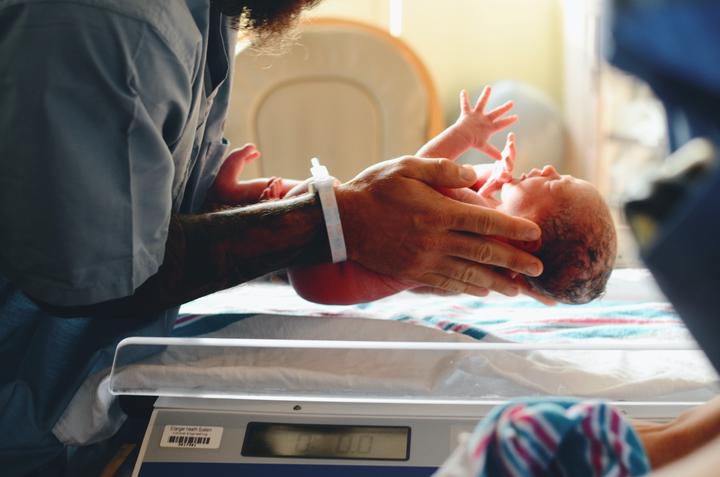The infant health effects of starting universal child benefits in pregnancy: evidence from England and Wales
 Image credit: Christian Bowen on Unsplash (https://unsplash.com/photos/I0ItPtIsVEE)
Image credit: Christian Bowen on Unsplash (https://unsplash.com/photos/I0ItPtIsVEE)Abstract
Child benefits are typically paid from birth. This paper asks whether starting universal child benefits in pregnancy leads to improvements in infant health. Leveraging administrative birth registry and hospital microdata from England and Wales, I study the effects of the Health in Pregnancy Grant, a universal conditional cash transfer equivalent to three months of child benefit (190 GBP) as a lump sum to pregnant mothers from 2009 to 2011. I exploit quasi-experimental variation in eligibility with a regression discontinuity design in the date of birth of the baby. I find that the policy increased birth weight by 8-12 grams on average, reduced low birth weight (<2500g) by 3-6 percent and decreased prematurity by 9-11 percent. Younger mothers, particularly those living in deprived areas, benefit the most. I present evidence that the mechanisms are unlikely to be antenatal care, nutrition or smoking, with reductions in stress remaining a possible explanation.
Latest working paper version here.